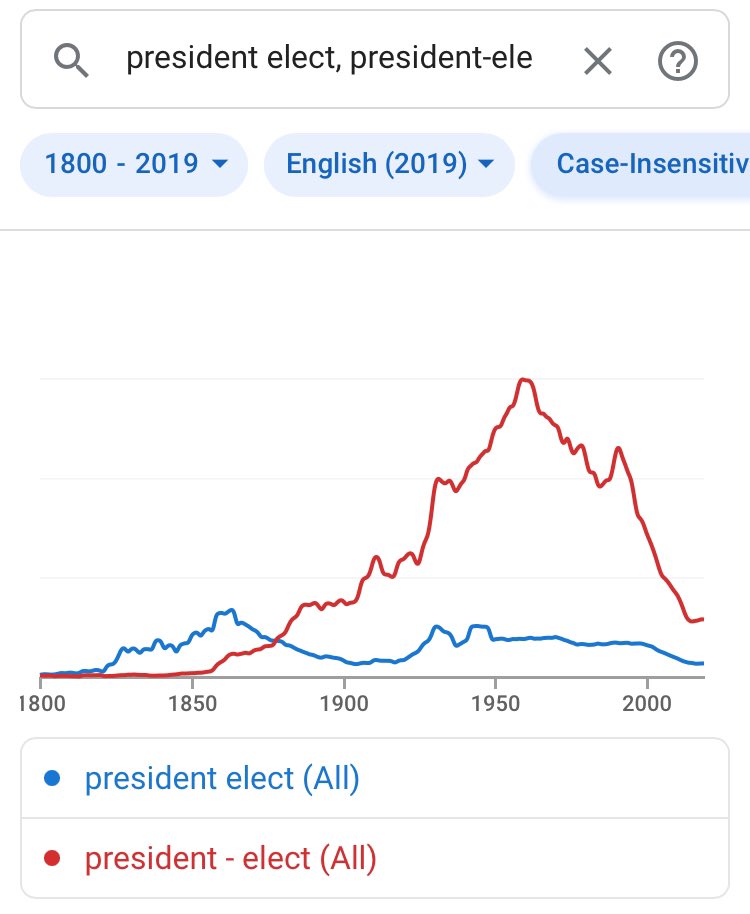
It will matter greatly what the news media calls the events of January 6 going forward.
Do we have a coup? A putsch? An insurrection? The storming of the Capitol? Trumpist terrorism? Will there be a pithy shorthand, and if so, will it be reasonably accurate and descriptive?
Do we have a coup? A putsch? An insurrection? The storming of the Capitol? Trumpist terrorism? Will there be a pithy shorthand, and if so, will it be reasonably accurate and descriptive?
As a historian, what watching the attack unfold on television brought home to me is once again something basic but often forgotten in the mythologizations of public remembrance:
The people who did this are extremely normal. Despite their wild conspiracies.
The people who did this are extremely normal. Despite their wild conspiracies.
There are millions like them. Millions who approve, millions who don't approve but don't not approve enough to care, millions who see this assault on democracy and order as something noble.
They will not go away.
If there is no reckoning, this will get worse.
They will not go away.
If there is no reckoning, this will get worse.
If there is a reckoning, it may well get worse, too, I'm not denying that.
But it's past time to stop worrying about the political implications of trying and sentencing those who committed these seditious acts. Up to and including their presidential instigator.
But it's past time to stop worrying about the political implications of trying and sentencing those who committed these seditious acts. Up to and including their presidential instigator.
The American republic is teetering on an edge. Now is the time to acknowledge that. Now is the time to stop attempting to paper over the Grand Canyon from one side only.
Things have long been broken.
But yesterday a final facade fell down.
Things have long been broken.
But yesterday a final facade fell down.
If that signal isn't heard, if all the Biden administration has to offer in response is feeble efforts at reconciliation never meaningfully reciprocated, American democracy may well be done within our lifetimes.
I don't say this lightly. I know all about the problems of prediction. But the potential dangers of trying to sweep this under a rug of national unity are grave and real.
There is no coming back from this. There is only moving forward, and there's a choice to be made about the direction.
• • •
Missing some Tweet in this thread? You can try to
force a refresh




